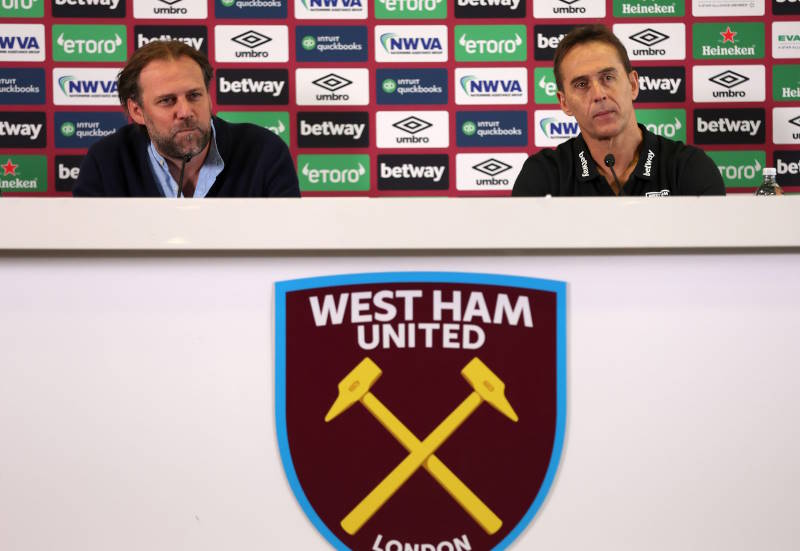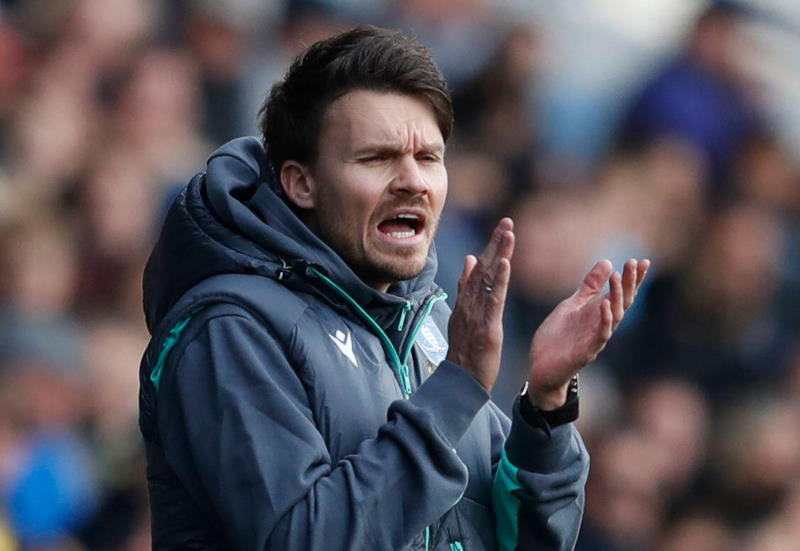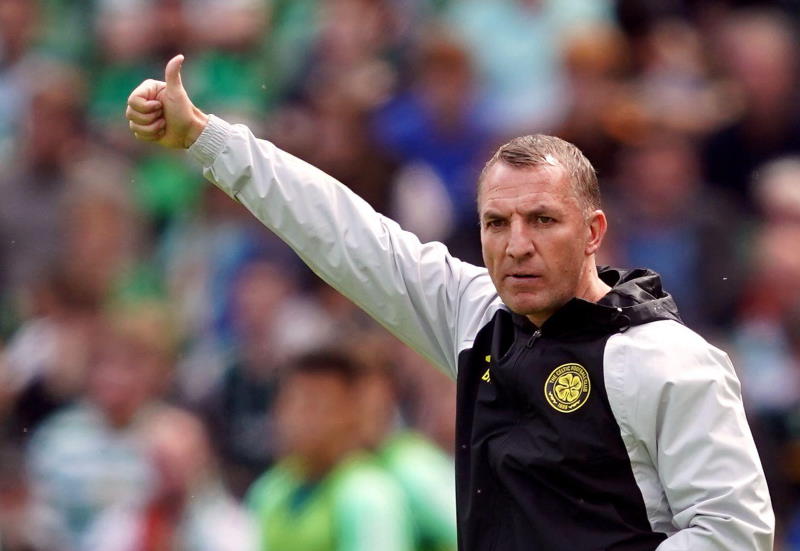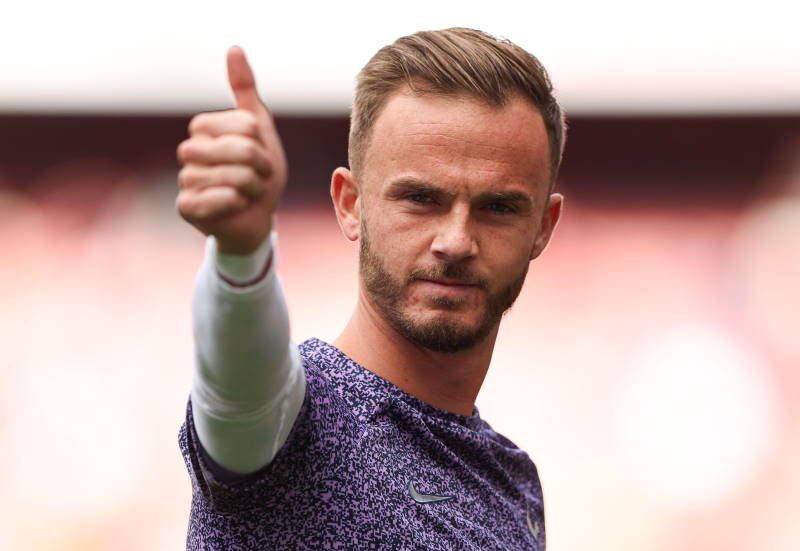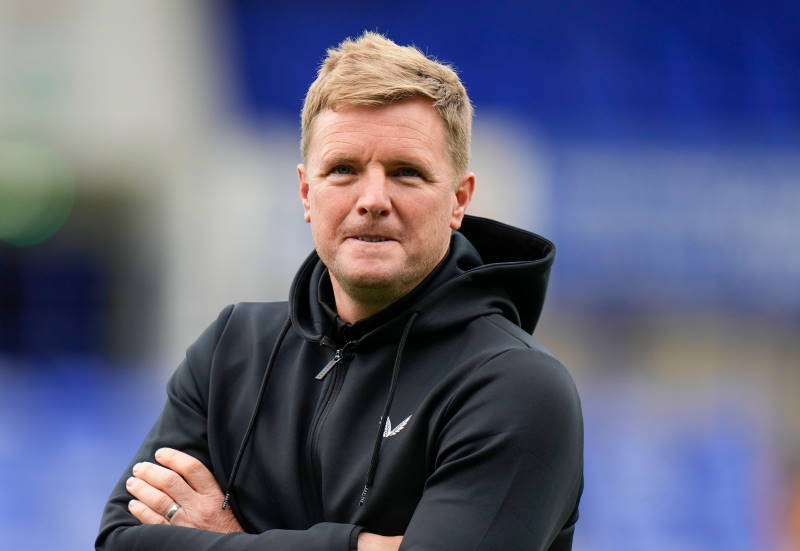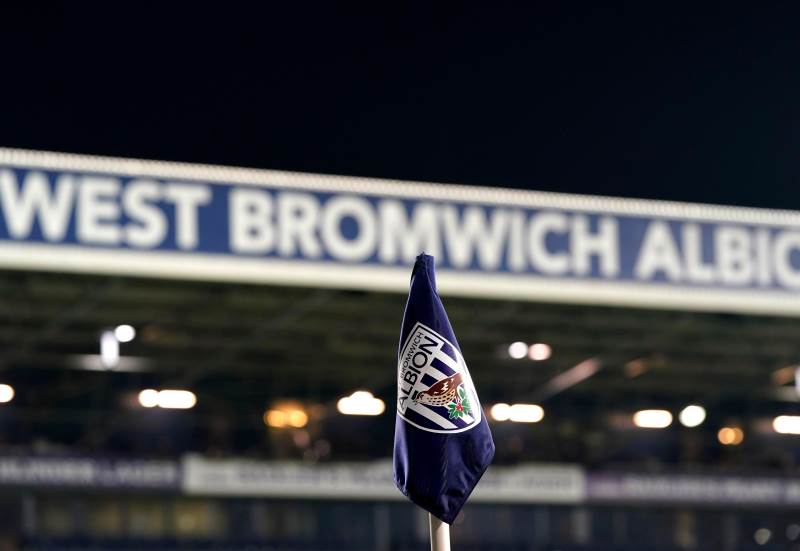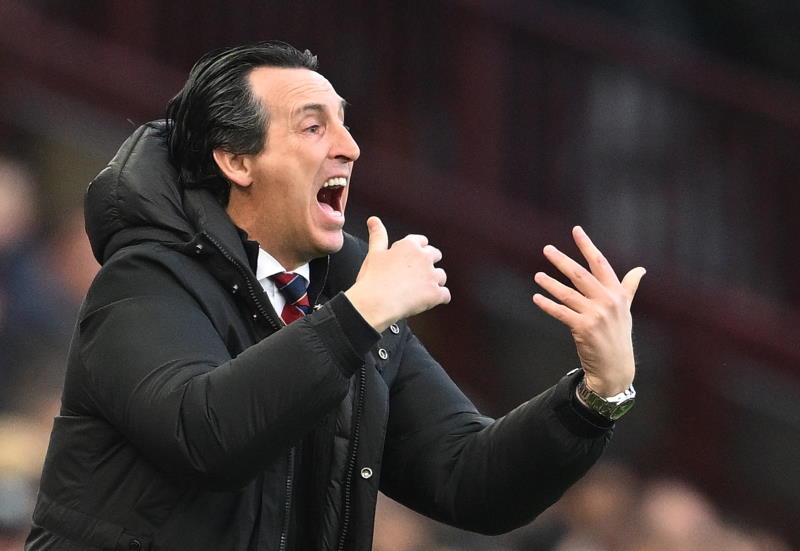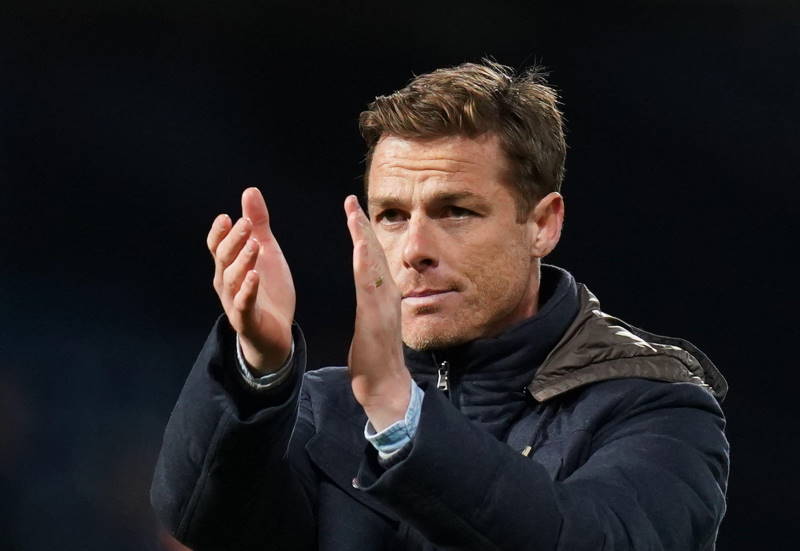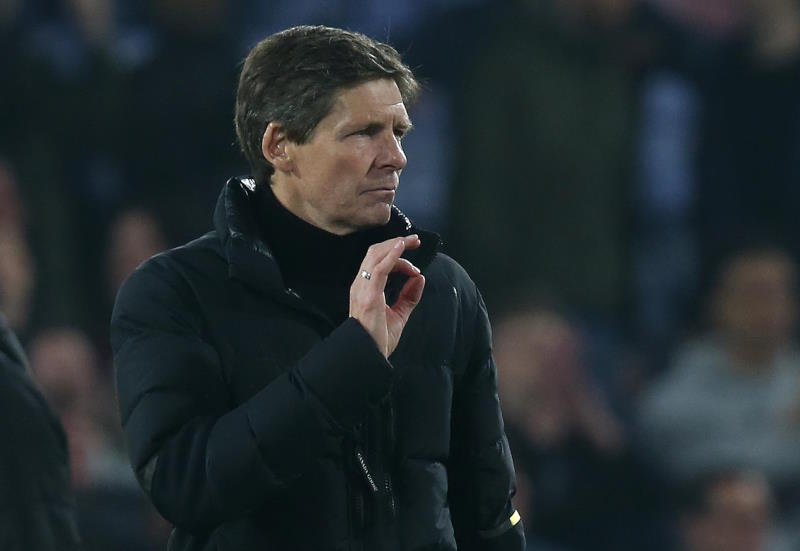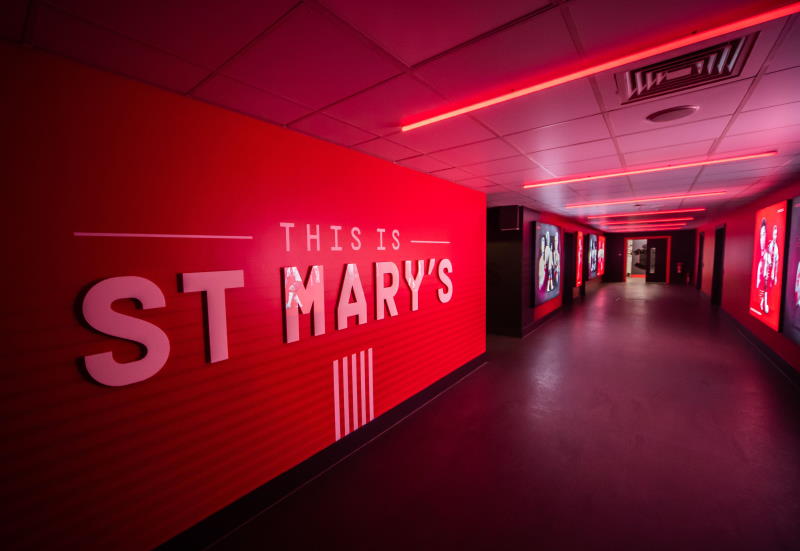
Tom Kelly
In less than 400 days, football’s global show-piece lands on the African continent for the first time, as South Africa, a nation who has held the World’s gaze from afar will come under the microscope like never before.
As the tournament draws into focus, the general consensus suggests that the running of a successful World Cup will be an insurmountable challenge, yet sound-bites emanating from FIFA insist that the competition will be a success, despite concerns at the country’s record crime rate, slow ticket sales amongst locals and failing national team meaning the World Cup feel good factor simply does not exist in South Africa.
Cast your mind back four years however and you may find these concerns sound remarkably familiar. When the final whistle was blown at the 2006 World Cup, those present in Germany were left with overwhelming feeling of goodwill towards the hosts. Italy may have won the tournament, but there was little doubt that the German nation was the winner of the event as a whole. As FIFA president Sepp Blatter declared, "This was the best World Cup of all time. Never before has an event been presented in such an emotional and global manner".
The immediate success of the 2006 World Cup was such that by 2008 Germany was the most marketable country in the world, having obtained first place in Nation Brand Index (NBI), leap frogging France and the UK.
However, a year before the World Cup Germany was plagued by so much self-doubt that its own president described the nation as entering a collective depression. As its European neighbours prospered, unemployment hovered at five million, leaving economists to suggest that the German mindset had entered ‘Konsum-Verweigerung’; anti-consumerism.
Social divisions and xenophobia gripped certain areas of eastern Germany and politicians were advising people against entering so-called “no-go zones.” On the pitch, the German national team was old, had an unproven manager and had just been dumped out of the European Championships in the first round.
Within 12 remarkable months however, Germany was basking in a national ecstasy that has since redefined the country. The 2006 World Cup was credited with dragging Germany out of the 20th Century and away from the old image of being cold and unfriendly, into a new image which is welcoming, contemporary and innovative.
According to Dr Nicholaus Eberal, who is working for South Africa in Internal Branding for the 2010 World Cup: “The 2006 World Cup achieved something that politics failed to achieve; it imbued the nation with a sense of pride and common destiny.” This was captured by the slogan; “time to make friends.”
Although this slogan may come across as slightly contrived, it undeniably embodied the way in which the tournament was run. The most innovative aspect that organisers came up with was to extend the event beyond the stadiums and into the cities in the form of ‘fan festivals’ in which hundreds of thousands of supporters could gather and watch the football on big screens. These were open all night and there was food, drink and a large but composed police presence who in most cases allowed German volunteers to supervise the crowds. Inner city camping meant that supporters would wake up in the morning and do it all again.
In just over a year South Africa has the opportunity to emulate the German success, and they will be hoping to do just that. The Nation Brand Index currently ranks South Africa 29th out of 37 nations, down from 22nd place in 2005, showing that as work to transform South Africa’s cities continues at a rapid pace, South Africa’s brand promise ‘Alive with Possibility’ is failing to strike a chord with the people.
According to Eberal, “Nation branding, much like personal branding, is dependent upon the self-image of its main character, in the case of nations this being the citizens. “The 2006 World Cup boosted the national German psyche. For 2010 to do the same for the South African psyche, a national brand pride campaign is required that is aimed at transforming the soul, not the looks, of the country.”
The soul of football in South Africa lies amongst the countries black population living in numerous urban townships. For Nelson Mandela, the World Cup represents a coming of age for South Africa as a stable nation and will be symbolic in helping with the healing process of South Africa, a country where black people have been historically discouraged from large gatherings in streets and in stadiums by authorities.
However, having recently stayed in Alexandra, one of the larger townships in Johannesburg, I met numerous football fans who declared that they would not be attending any matches, spelling out their reluctance to spend large amounts of money on tickets to watch international matches involving two foreign teams. It seems parting with a large chunk of your wage for a recreational activity is a concept that poorer black South Africans find alien.
The World Cup is failing to grab supporters at grass root level for other reasons too. In places such as Nelspruit, a local resident told me: “The stadium has done nothing for the people. There used to be a school next to the stadium but not anymore – now it houses builders”. It’s ironic, they have built a big stadium to benefit South African sport but as a consequence the children have nowhere to play.
The construction of the 46,000 Mbombela Stadium is symptomatic of public unrest in the build up to South Africa 2010, as World Cup spending has thus far thrown up no apparent benefits for the region. The few thousand construction jobs that the stadium has created have been constantly disrupted by strikes about working conditions and pay. Currently World Cup construction workers in Nelspruit are earning 14 Rand per hour, 7 Rand less than their colleagues at other stadiums, such as Green Point in Cape Town. As soon as the stadium is competed, these workers will be told to find work elsewhere.
A scheme for improved public transport links around the major cities has also faced strong opposition. South Africans fear the introduction of a modern bus service will hit the vast multi-billion rand mini-bus taxi industry, which carries over 60% of South Africa’s commuters and is a source of income for hundreds of thousands of South Africans. Such schemes have in the past found fierce and often threatening opposition from the taxi unions; however it appears now that football is set to be the vehicle to drive the proposal forward.
And what of the national team? Currently in charge is Joel Santana, who took over from (and on the recommendation of) his countryman Alberto Parreira. Santana has won Brazilian state titles but never managed a national side.
2008 saw Santana’s South Africa fail to qualify for the African Nations Cup, which would have provided them with crucial competitive football in the lead up to the World Cup. However, in 2009 results have improved (all be it in friendlies) and after a run of five wins was ended by Chile, Bafana Bafana recently beat Norway 2-1 in Rustenburg.
Yet Santana and his team continue to receive criticism and few expect much out of the Confederations Cup, due to start this June, where South Africa will play mixed opposition. “At this stage we are staying calm. We have the definition of what we want for 2010; we are actually halfway to what we want,” says Santana.
“This job always has its ups and downs. Though we understand that people have this anxiety of wanting to have a great national team, you have to be patient. We need to be united.”
The tournament of course, will count for very little as the grandeur of next year’s event will surely have an altogether different effect, for better or worse, on the players of South Africa. Currently, the South African media find it bewildering that a nation spending billions of Rands on tournament infrastructure should leave nothing left over for its national squad.
To a certain extent, it is hard to predict what effects the World Cup will have on South Africa. As 2006 demonstrated, the tournament has the ability to unite a nation in a way that no other social gathering of people can. To achieve this you need a successful team and it is crucial for the success of the World Cup that South Africa qualifies from their group. Few host nations fail to do so and in the wake of recent footballing events I don’t want to shout for a conspiracy, however look out for South Africa to obtain a ‘could have been worse’ group draw and soft refereeing appointments.
It may seem naive to view the future of South Africa as hinging on a football tournament; however recent history shows that the World Cup has the potential to permeate a nation’s outlook and change its trajectory for good. Only time will tell for South Africa.
Chelsea 08/09 Away *30% off* Tottenham 08/09 Home *30% off*
Related Articles:
- – Confederations Cup – Every Team Previewed
- – Lessons to Learn from Confederations Cup?
- – Confederations Cup – Stadium Guide

